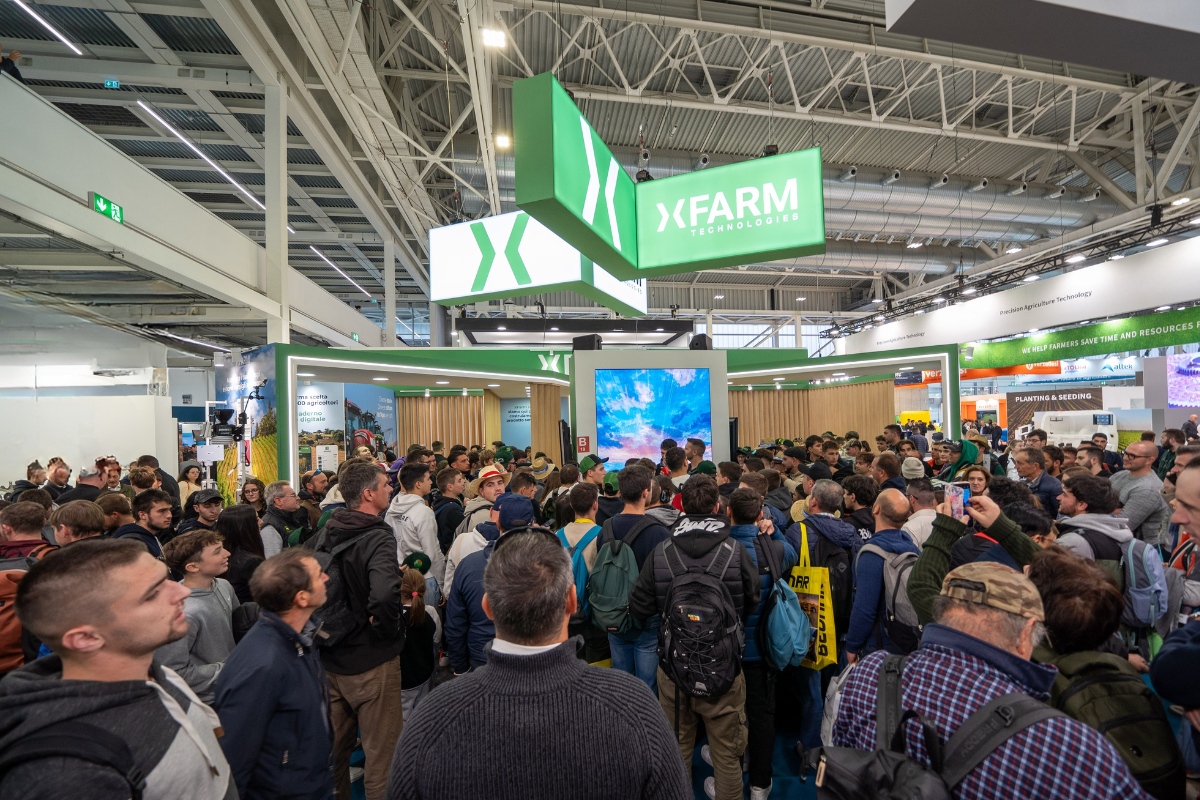

Badajoz, July 9, 2025 - Digitization can be a game-changer for corn, one of the most important crops. Indeed, thanks to it, producers are able to reduce the use of resources (starting with water and energy), save time in the field and increase yields, with positive environmental and economic impacts. A case in point is the collaboration between xFarm Technologies, a Swiss tech company specializing in the digitization of agriculture with an office in Spain and a growing presence in South America, and Huercasa, a Segovia-based company with nearly half a century of activity behind it and more than 3,600 hectares cultivated in the Iberian Peninsula, France and Romania. The joint project covers 900 hectares used to grow corn in Extremadura, Guadalajara, Salamanca, Castile-La Mancha and Portugal.
The collaboration between the two companies is currently in the second year of a three-year project under which xFarm Technologies is providing Huercasa with a range of digital agriculture services designed specifically for corn farming. These are tools to monitor plant health in real time, offer advice on irrigation scheduling (particularly strategic in such a water-hydropic crop), and provide forecasts to determine the optimal time for harvest. With these tools, an average savings of 30 percent in water and energy use and a 25 percent increase in yield can be achieved for half an hour less daily field work and a reduction in CO2 emissions.
These hi-tech digital farming services are designed from sound agronomic knowledge to address the specific needs of maize cultivation. Constant monitoring of plant health, for example, not only makes it possible to obtain specific and timely information in case of problems in a part of the cultivated land, such as the onset of a disease or a condition of water stress, but also allows for the collection of data that, at the end of the campaign, provide an even more in-depth picture of the characteristics of each soil. Also very useful is the monitoring of physiological ripening as a function of grain moisture, which allows estimating the best date for harvest and organizing related logistics.
"Maize cultivation in Spain, as well as in other European countries, is going through a delicate moment. On the one hand it is a strategic crop for European food security, but on the other hand it is facing objective difficulties, such as the impact of climate change on rainfall patterns and the rising cost of inputs, particularly energy. Digitization and precision agriculture are key tools to address this situation because they allow obtaining essential information to make informed decisions about the crop and obtain a quality product, saving time and inputs, and reducing the carbon footprint," explains Pier Alberto Gobbo, Country Manager Iberia at xFarm Technologies.
"Sweet corn is our most representative product and the one that generates the largest sales volume for our company. So for us it is essential to take care of the whole process, starting from the field, and in this sense technology is of increasing importance. We always try to be at the forefront in this area," says Cristina Rueda, Head of Innovation at Huercasa.
